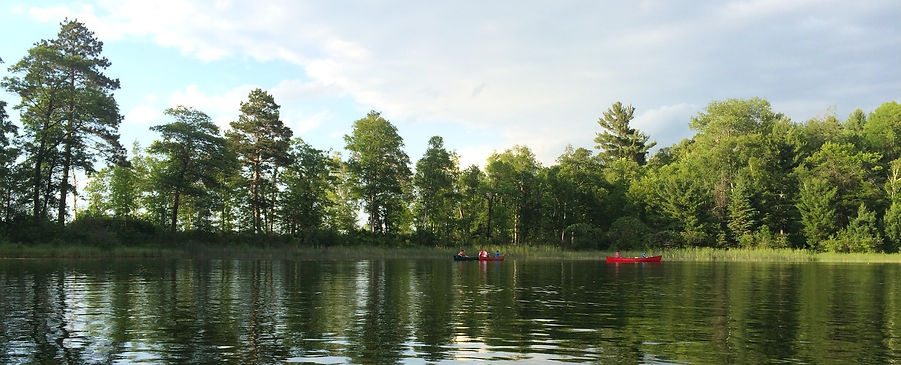top of page

Summer Camp FAQs
Absolutely! Click here for the packing list.
Your camper will be staying in a dorm room in the main lodge. The main lodge is one large building that has dorm rooms, a dining hall, and classrooms.
Each dorm room has bunk beds for 6-10 campers, a private shower room, a private toilet room, 2 sinks, and cubbies for storage.
To view a slideshow of photos of our campus and dorm rooms, click here! (https://www.deep-portage.org/what-to-expect-at-deep-portage)
https://static.wixstatic.com/media/fed258_3b00edea0865423887e7429348b1deb5~mv2.jpg
If your camper is being sponsored by an organization such as the MDHA, your account will reflect a "Balance Due." Don't worry, when you come to drop-off, we will have notes about your sponsorship information and you will not be charged for the amount your sponsoring organization will pay.
Go to https://deepportage.campbrainregistration.com (https://deepportage.campbrainregistration.com/)and log in to access your registration information.
Drop-off and registration for all camps:
Drop-off is at 1:00pm on Sunday
Registration begins no earlier than 1:00 pm in the Dining Hall.
Pick-up/Graduation
Forkhorn Camps: Pick-up/graudation is at 3:00pm Thursday. Graduation starts at 3:00pm in the Dining Hall and usually takes about 15-30 minutes.
Fishing Camp: Pick-up/graduation is at 11am Wednesday. Graduation starts at 11am in the Dining hall and usually takes 10-15 minutes
Upland Bird Camp: Pick-up/graduation is at 12pm Friday. Graduation starts at 12pm in the Dining Hall and usually takes 10-15 minutes.
Campers are highly encouraged to spend camp disconnected from technology. Campers should NOT be using cell phones to communicate with friends/family during camp.
However, we recognize that many people use cell phones as cameras. We allow campers to have cell phones during the day, turned on airplane mode, for photos only. Cell phones MUST be turned in to camp staff each evening. We do not allow cell phones in dorm rooms overnight.
We understand that plans can change and we strive to be flexible while also ensuring the sustainability of our programs. Please review our refund policy carefully:
1. Non-Refundable Deposit: The $100 deposit is required at the time of registration to secure your camper's spot. This deposit is non-refundable under any circumstances.
2. Cancellation Policy: If you cancel after the start of camp or if your child doesn't attend, no refunds will be issued.
3. Transfer Policy: Your $100 non-refundable deposit may be transferred to another available camp or applied to the following summer camp season.
By registering for our camp, you agree to the terms outlines in this policy.
bottom of page
